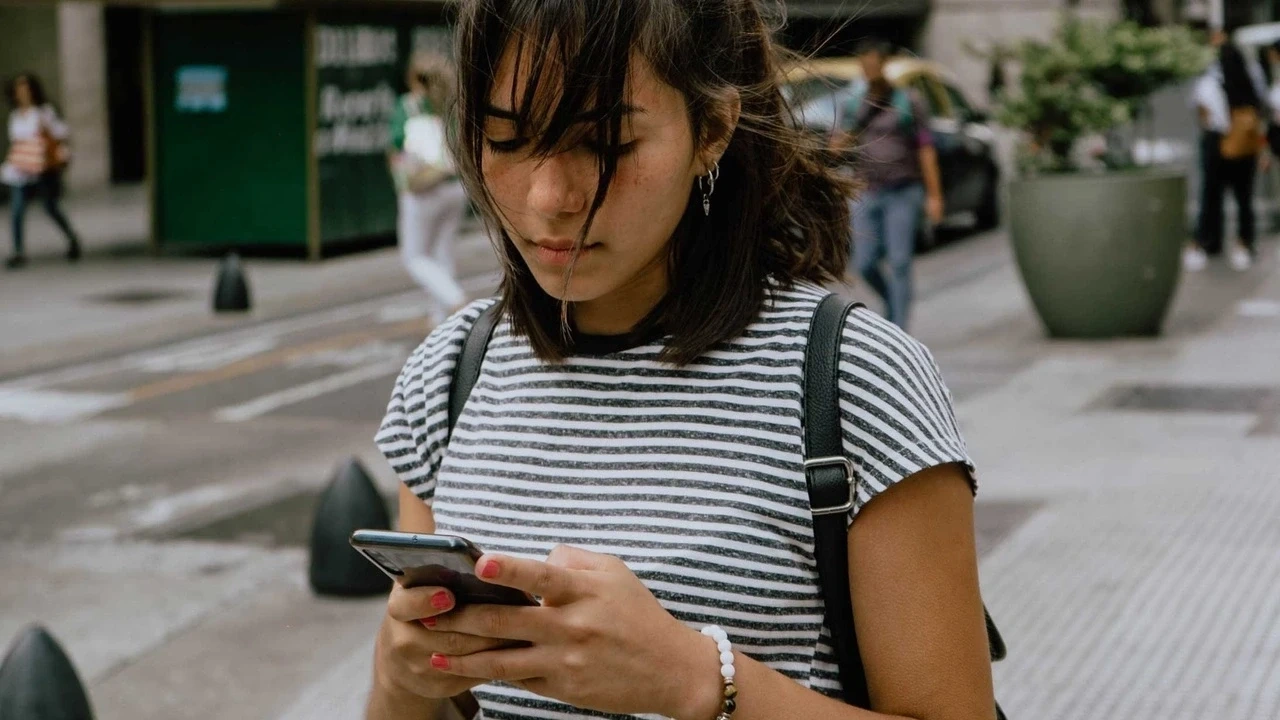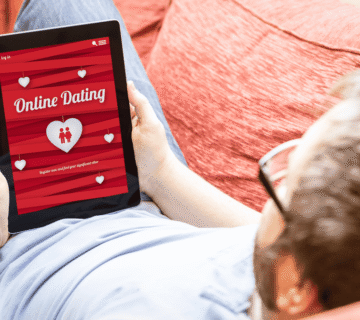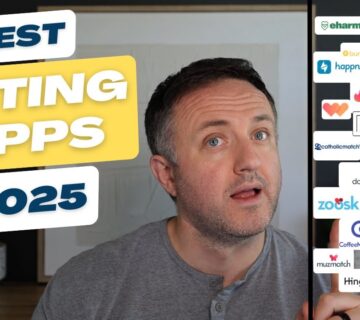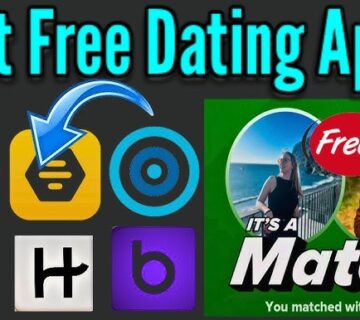The digital revolution has transformed our love lives, putting connections—and heartbreak—at our fingertips. But as dating apps become ever more central to modern romance, a growing chorus of users in 2025 are asking: Is digital dating fatigue real, and what can we do about it?.
What is Digital Dating Fatigue?
Digital dating fatigue is the emotional, psychological, and sometimes physical exhaustion that results from prolonged, high-intensity use of dating apps. Symptoms resemble those of workplace burnout: exhaustion, cynicism, reduced engagement, and a decline in satisfaction with both the process and outcomes of romantic search.
Why does it happen?
-
Swipe overload: Endlessly browsing profiles creates decision paralysis and emotional numbness.
-
Repetitive small talk: “Hey,” “u up?” and generic openers drain excitement.
-
Ghosting and rejection: Constant no-shows and cold silence can undermine confidence and joy.
-
Toxic comparison: Shiny pictures and “highlight reels” can trigger insecurity.
-
The paradox of choice: Too many options make it hard to commit (or invest meaningfully).
The Science Behind Dating App Burnout
1. Information Overload & the Brain
Psychological studies show our brains haven’t evolved to handle the constant influx of choice and micro-rejections that come with swiping. Dopamine hits from matches create an addictive “slot machine” effect—but sustained use without meaningful matches leads to chemical depletion and emotional crash.
2. Emotional Labor & Decision Fatigue
Every chat, swipe, and opener demands micro-decisions. Over time, this cognitive load increases stress hormone levels, reduces empathy, and makes it harder to care about new matches.
3. Attachment & Uncertainty
Human beings crave certainty. Ambiguity, ghosting, and endless “what ifs” on dating apps can over-activate the brain’s stress systems, leading to anxiety and avoidance.
Recognizing the Signs of Digital Dating Fatigue
-
Dread logging into apps: Feeling heavy or anxious at the thought of opening Bumble, Hinge, or Tinder.
-
Quick to swipe left: Becoming ultra-picky or dismissive due to emotional numbness.
-
Loss of hope: Believing “everyone is flaky” or “no real connections are possible here.”
-
Irritability or sarcasm in messages: Less patience and more frustration, even in initial chats.
-
Neglecting real-life hobbies or friends: When dating becomes your only (or main) source of validation or entertainment.
-
Compulsive checking: Obsessive inbox refreshing, even as satisfaction drops.
-
Decreased self-esteem: Feeling unattractive or unworthy based on slow responses or matches.
User Stories: Dating Fatigue in the Real World
“After a month of matching and getting nowhere, I just started feeling empty about the whole process. I had to delete the app and take a break.”
— Kavita, 29, Delhi
“Swiping became my default boredom activity, but it made real connection seem impossible.”
— Jake, 33, London
“No read receipts on Bumble helped a little, but ghosting and shallow chats still wore me out.”
— Michelle, 26, Sydney
Prevention: Smart Habits for Healthy App Use
1. Set Clear Intentions
Know what you want from the app—relationship, friendship, fun—and focus your energy only on those interests. Mindless swiping accelerates fatigue.
2. Schedule “Swipe Windows”
Limit dating app use to designated times of day, not as a constant companion. Use built-in tools like “Snooze” or App Limits to enforce boundaries.
3. Curate Your Match Pool
Use advanced filters (Bumble Premium, Hinge prompts) to increase quality over quantity—less is more.
4. Reframe Success
Success isn’t just matches—it’s engaging conversations, self-discovery, and learning (even from failed chats).
5. Don’t Multitask
Give attention to one conversation at a time. Authenticity suffers in a blur of chats.
6. Celebrate Off-App Life
Dedicate more time to real-world friends, hobbies, work, and wellness. A richer offline life reduces online stakes and stress.
7. Mindful Messaging
Lead with curiosity and genuine interest. Personalized openers (“What inspired your last travel pic?”) outperform generic lines and create deeper connections.
Healing: Resetting After Burnout
1. Take a 1-2 Week App Detox
Uninstall or pause apps—no checking, swiping, or matches. Let emotional saturation diminish.
2. Reconnect with Your Why
Ask: What do I truly want from dating? Is this app helping—or hurting—my progress toward that goal?
3. Move from Digital to Real
When energy returns, focus on moving matches to real calls, video chats, or actual dates sooner—reducing endless small talk.
4. Talk to a Friend or Therapist
Venting frustrations validates your experience and provides new perspective.
5. Reset Your Profile and Approach
Erase old bios, update photos, refresh interests, and try new starter messages. Re-engage as a “new you” when ready.
Bumble, Privacy, and Wellness: Why Design Choices Matter
Bumble—and similar privacy-first apps like Hinge—are responding to digital dating fatigue with:
-
No read receipts or last seen: Less pressure, more authentic engagement.
-
Mutual matching: No unsolicited messages, helping users filter for intent.
-
Safety and reporting tools: Users can block, report, or unmatch with ease to curate their mental space.
-
Encouragement of boundaries: Pause modes, notification controls, and minimal data collection.
Global privacy leaders like the Electronic Frontier Foundation recommend these features as digital wellness best practices:
“Privacy-first design reduces digital fatigue, anxiety, and pressure. Apps should empower users to set boundaries, limit feedback loops, and encourage meaningful connections over metrics.”
FAQs About Digital Dating Fatigue
Q: Is dating fatigue a sign that I should quit apps forever?
A: Not necessarily. It just means it’s time to rest, reset, or change your approach.
Q: Do paid features help or hurt burnout?
A: “Premium” upgrades can help filter matches and reduce noise, but overuse can still trigger fatigue. Use them mindfully.
Q: Can therapy help?
A: Yes—mental health support is valuable for untangling digital and emotional patterns.
Q: Is it better to date offline?
A: Many report greater satisfaction from balanced approaches—using apps as one tool among many, not as life’s sole focus.
Read More: The Digital Dating Mindset: Building Healthy Expectations on Apps in 2025
Conclusion: Towards a Healthier Digital Romance
As dating apps remain pivotal in modern romance, digital dating fatigue is a real and growing challenge for users everywhere. The solution isn’t total avoidance—but conscious, privacy-respecting practices and regular wellbeing check-ins.
Set boundaries, take breaks, and remember: the healthiest love stories unfold at a human pace—a pace you set. With the right mindset, tools, and self-care, every digital swipe can be a step towards connection, not exhaustion.





[…] Read More: Digital Dating Fatigue: How to Spot, Prevent, and Heal Burnout on Apps in 2025 […]